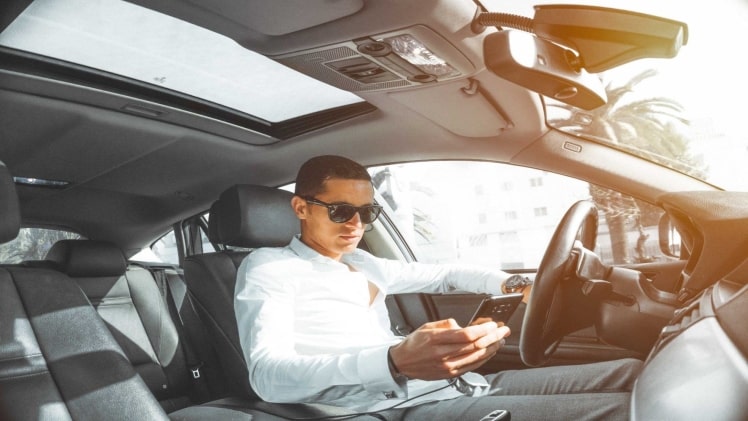Residents and people visiting Huntington beach often rely on ridesharing services to get around. While there are smaller companies, Uber and Lyft remain the market leaders. Ridesharing is often seen as a convenient and cheaper alternative to taxis, and while the benefits are real, there are risks related to ridesharing that cannot be ignored. A considerable number of ridesharing accidents have been reported in Orange County in recent times. Since California is an at-fault state, you could seek compensation from the at-fault party. Talking to an experienced Uber or Lyft accident attorney in Huntington Beach can be useful in this regard. For your help, here are some aspects worth knowing about filing such claims.
Statute of Limitations
Like other states, California laws also enforce a Statute of Limitations for filing a lawsuit after an auto accident. This statute of limitations also applies to claims and lawsuits involving ridesharing accidents. The general deadline for auto accidents is two years, and this deadline starts from the date of the accident. Experts, however, advise victims to work on their injury lawsuit at the earliest because it can be hard to find crucial evidence otherwise.
Pure Comparative Fault
What happens when more than one party is at fault? California follows the pure comparative fault rule. No matter the claimant’s share of fault, they can sue the other party. However, what they get from the awarded settlement depends on their fault percentage. Uber and Lyft accidents are different than standard auto accidents because claimants usually turn to the ridesharing company’s commercial insurance for compensation. If you didn’t wear a belt while riding a ridesharing cab, this could significantly limit what you get in a settlement.
Insurance regulations
Understanding insurance regulations when it comes to ridesharing accidents is not easy. Most drivers using an app (Uber or Lyft) rely on their personal vehicles. In other words, the car is not owned by Uber or Lyft. However, California requires these ridesharing companies to have commercial liability insurance (the minimum is $1 million) for protecting passengers taking their services. This means that as a ridesharing passenger, you can claim compensation from the concerned service. However, if the driver was not working on the clock of the ridesharing service, their personal auto insurance will be applicable for covering your damages.
There’s no denying that Uber/Lyft accident claims are confusing. Get an attorney on your side so that you don’t settle for less. A good lawyer can negotiate better and file a lawsuit if needed.

